The best tablets to buy in 2024
We may earn a commission if you make a purchase from the links on this page.

Not a lot of manufacturers throw in the premium tablet game nowadays. But Samsung does — it boldly launched a Galaxy Tab S9 trio, which brings a no-frills flagship experience at three different price and size tiers. Then, there are the Tab S9 FE series, giving you the core experience for less money. Google also launched a Pixel Tablet, which tries to rethink how a tablet can be useful to you. Then, OnePlus released the OnePlus Pad 2, which is a value offering that wears the iPad Pro inspirations on its sleeve.
Of course, Apple's iPads still reign supreme, with models ranging from $330 to $2,000+ for every need, taste, budget, and requirement. It's a great time to be shopping for a tablet — we are literally spoiled for choice. But for some that can only lead to "choice paralysis". Which is why we are here to recommend the best tablets you should be looking at — and help you make a choice.
You'll also love these
No matter which side you're on, the list below surely contains a tablet that would serve you well.
Contents:
- Apple iPad Pro M4 (2024) — the best of Apple, arguably the best tablets right now
- Apple iPad Pro (2022) — Good time to grab a discount before these are gone!
- Samsung Galaxy Tab S10 Ultra — Samsung's newest top-tier tablet, with S Pen
- Google Pixel Tablet — Google's unique mix of a tablet / smart home hub / smart speaker
- OnePlus Pad 2 — OnePlus' snappy tablet, with a good price-value ratio
- Apple iPad Air M2 (2024) — iPad Pro features at a stomachable price
- Apple iPad mini 7 (2024) — tiny iPad for maximized mobility
- Samsung Galaxy Tab S9 FE series — save some cash, get a tablet with an S Pen
- Amazon Fire HD 10 — low-cost tablet with productivity features
- Microsoft Surface Pro 11 — Microsoft's latest tablet that is also a PC
Apple iPad Pro M4 (2024)
The iPad Pro models from 2024 are in a class of their own. With a brand-new Tandem OLED display system, they are bright, sharp, clear, with infinite contrast and no blooming effects like the mini-LED before that. The M4 chip skipped the Macs and debuted on the new iPads, but it's no mobile silicon — no, no, this thing is raw power in a thin aluminum wrapping. New Apple Pencil tricks await those who spring for the new Pencil Pro, and there's a new Magic Keyboard with a function row and bigger touchpad.
Unfortunately, iPad Pros are quite expensive. And while you can grab and iPad Air M2 and enjoy plenty of those Pro features, there are two things still held hostage by the Pro line — a 120 Hz ProMotion screen and a quad-speaker setup.
With the Stage Manager feature, you can get a desktop-style work environment, if you connect the iPad to an external monitor. This feature is supported by iPad Pros, and the newest iPad Airs. With the Center Stage selfie camera, you can take those FaceTime calls and keep doing your chores while conversing with your loved ones — the camera will follow you around. With the Magic Keyboard, you can sit down and get some work done, and with the large screen — you can binge Netflix or game.
Admittedly, an iPad Pro may be a bit overkill — in terms of price and untapped power — for many. That's why we have more affordable models listed below. However, here's a hot take — if you can find a deal on an iPad Pro 2022 (the M2 models), jump on that one. You won't get the new Pencil Pro features, or compatibility with the new Magic Keyboard, but all the essential Pro features will be there and accounted for. Plus years upon years of support.
Apple iPad Pro 11- and 12.9-inch (2022)
The 2022 iPad Pro models have now been discontinued, meaning you will have a few months before they get cleared off the shelves. These will become deal fodder pretty fast — retailers will be looking to sell them off during events like Prime Day or Black Friday.
You will get the full power of the Apple M2 chip — it's still quite good for Macs, we are pretty sure it's overkill for iPads. No Tandem OLED, but you do get 120 Hz refresh rate and the best-sounding quad speaker stereo. And the USB C on the bottom is Thunderbolt (40 Gbps) — unlike the iPad Air, which has USB 3 speeds (10 Gbps).
So, as long as you don't mind using the slightly older Apple Pencil Gen 2 and slightly older Magic Keyboard (if you even plan on accessorizing, that is), the old iPad Pro M2 is still an excellent choice. Time your purchase correctly and you might just nab yourself a steal of a deal!
So, as long as you don't mind using the slightly older Apple Pencil Gen 2 and slightly older Magic Keyboard (if you even plan on accessorizing, that is), the old iPad Pro M2 is still an excellent choice. Time your purchase correctly and you might just nab yourself a steal of a deal!
Samsung Galaxy Tab S10 Ultra
Samsung updated the Galaxy Tab series silently and surprisingly a bit earlier than expected. The Galaxy Tab S10 Ultra is powered by a MediaTek Dimensity 9300+ instead of a new Snapdragon chip, which left the community perplexed.
None the less, it's a bit faster and more powerful than the Snapdragon 8 Gen 2 chip that was in the galaxy Tab S9 Ultra, so technically... it's an upgrade.
The Galaxy Tab S10 Ultra is the end-all be-all tablet from Samsung. It comes with the S Pen in the box, which is an excellent stylus, it has a gorgeous AMOLED screen, now with a very effective anti-reflective coating on it. The Book Cover Keyboard, which is sold separately, turns it into an Android-powered laptop replacer.
You don't need an external monitor, too, as the Galaxy Tab S10 Ultra can run DeX mode straight on its huge screen. It transforms the UI into a desktop-like experience, with taskbars and shortcut icons, and apps opening in floating windows for multi-tasking. Pretty good for basic work or if you are in a pinch and need to stay mobile.
Also, Samsung continues its partnership with LumaFusion's devs. The excellent video editor is already available for multiple Android devices, but since LumaFusion is tested on Galaxy Tab models — Samsung users will be getting the newest features first.
The truth of it is that the MediaTek Dimensity 9300+ can't step up to the M4 or M2 that are in the iPad Pro and iPad Air. However, the Galaxy Tab S10 Ultra is the most powerful Android tablet, as other manufacturers aren't chasing the premium tablet segment. The notched-in camera may look a bit off, but at least it's placed for landscape orientation, making for less awkward video calls. The one complaint we have with it is that at 14.6 inches, the 2960 x 1848 screen resolution feels a bit weak (239 pixels per inch, while the other Tab S models hit 267 PPI).
You don't need an external monitor, too, as the Galaxy Tab S10 Ultra can run DeX mode straight on its huge screen. It transforms the UI into a desktop-like experience, with taskbars and shortcut icons, and apps opening in floating windows for multi-tasking. Pretty good for basic work or if you are in a pinch and need to stay mobile.
Also, Samsung continues its partnership with LumaFusion's devs. The excellent video editor is already available for multiple Android devices, but since LumaFusion is tested on Galaxy Tab models — Samsung users will be getting the newest features first.
Read more: Samsung Galaxy Tab S10 Ultra review
If the Tab S10 Ultra is a bit expensive, do check out the more affordable Tab S10 Plus and Tab S9. They don't cut out on a lot of features and are great for both work and play!
The Galaxy Tab S10+ is slightly smaller than the S10 Ultra, which means slightly more manageable. Still, you get the S Pen stylus, DeX, beautiful 120 Hz AMOLED screen, stereo speakers, and powerful internals. It's probably the best balance between price, size, and features in the Tab S lineup, and a good choice if you are after a premium Android tablet that doesn't go too much over the top.
The smallest Galaxy Tab S9 is still a pretty good canvas with its 11-inch screen. Plus, at $500, we'd say it's an affordable price for a powerful tablet. It's the only model that wasn't updated — currently, the Tab S10 series only have the Plus and Ultra. Which means that Samsung still believes the Tab S9 is good enough to be a contemporary tablet, driving further confusion about that early Tab S10 Ultra launch.
Google Pixel Tablet
The Pixel Tablet was teased for a long, long while before Google finally released it later in 2023. It's... a peculiar middle-road solution that tries a slightly different spin on the familiar tablet formula.
What's special about it? Well, it comes with its own speaker / charging dock. When the Pixel Tablet is docked, its screen becomes a smart home hub, a-la Nest Home. And the speaker is — supposedly — of high quality, so it should be able to fill your room with your favorite music if you wish it to. From our experience with the Nest speakers, we are quite confident that this one will, indeed, sound pretty good.
As for raw power — the tablet is not top-tier in specs, but it's built with the casual user in mind. You know, Netflix binging, book or article reading, and some gaming should be on the agenda. Video editing or audio production — not so much.
Oh, also, the Pixel Tablet does not come with a stylus but does support the new USI 2.0 standard, which means it will work with styli built for USI (it's a unifying standard agreed upon by multiple manufacturers).
OnePlus Pad 2
The OnePlus Pad is the second tablet from OnePlus and it comes straight after that iPad market. It has its own stylus, which attaches magnetically to the tablet, and a magnetical keyboard.
It's powered by the latest Qualcomm Snapdragon 8 Gen 3 and has a rather spacious 12.1-inch screen. OnePlus' interface is optimized for snappy animations and gets some shortcuts and tricks to quickly get you into multitasking. It doesn't offer something as advanced as Samsung's DeX or Apple's Stage Manager for desktop work, but as far as getting the work done on a tablet, it's good enough.
The MSRP here is quite competitive, but be warned that the stylus and keyboard are both sold separately.
Read more:OnePlus Pad 2 review
iPad Air M2 (2024)
Real talk — the iPad Pro is overkill. Both in terms of features and price. If you want that high-productivity Apple tablet, but aren't willing to pay as much for an iPad Pro 11 or iPad Pro 12.9, check out the new iPad Air 6th gen (a.k.a. 2024 model).
It has the same form factor as the iPad Pro — for the first time ever, it even comes in 11-inch and 13-inch variants. So it fits the Apple Magic Keyboard. It also supports the second generation Apple Pencil. And, now, it's powered by the same M2 chip that hums inside the chassis of the iPad Pro 2022 models!
However, some corners had to be cut to make the Pro models... you know — pro-er. So, the Air M2 doesn't have a Thunderbolt port (40 Gbps), but a USB 3 port instead (10 Gbps). The screen is locked down to 60 Hz, and it's an LCD panel, not OLED. Thankfully, it's still a laminated display, so it's anti-reflective and has a thin glass that lets the image pop out. It has two speakers, which are positioned on its top and bottom (Apple calls this "landscape stereo").
But hey, the Apple iPad Air is available in a bunch of fun colors, unlike the "boring" Pro models, and it starts at $600, leaving some budget for an Apple Pencil or Magic Keyboard, if you are eyeing those. It's not the cheapest tablet, but it's the best iPad to get if you are after the most features for the least cash. For the time being, we do recommend you try and find an iPad Pro M2 (2022) at a discount. Those are currently getting cleared off shelves and are discontinued. If you can't find one — only then look towards the iPad Air M2.
It has the same form factor as the iPad Pro — for the first time ever, it even comes in 11-inch and 13-inch variants. So it fits the Apple Magic Keyboard. It also supports the second generation Apple Pencil. And, now, it's powered by the same M2 chip that hums inside the chassis of the iPad Pro 2022 models!
However, some corners had to be cut to make the Pro models... you know — pro-er. So, the Air M2 doesn't have a Thunderbolt port (40 Gbps), but a USB 3 port instead (10 Gbps). The screen is locked down to 60 Hz, and it's an LCD panel, not OLED. Thankfully, it's still a laminated display, so it's anti-reflective and has a thin glass that lets the image pop out. It has two speakers, which are positioned on its top and bottom (Apple calls this "landscape stereo").
But hey, the Apple iPad Air is available in a bunch of fun colors, unlike the "boring" Pro models, and it starts at $600, leaving some budget for an Apple Pencil or Magic Keyboard, if you are eyeing those. It's not the cheapest tablet, but it's the best iPad to get if you are after the most features for the least cash. For the time being, we do recommend you try and find an iPad Pro M2 (2022) at a discount. Those are currently getting cleared off shelves and are discontinued. If you can't find one — only then look towards the iPad Air M2.
Read more:iPad Air (2024) review
Apple iPad mini (2024)
The iPad mini got a silent refresh with just a press release. It's now powered by an Apple A17 Pro processor inside and the main point of the update was to bring Apple Intelligence to the smallest iPad, it seems.
Smallest, but not cheapest. The iPad mini starts at $500 it’s a bit steep and definitely a device geared only towards those that are looking for a compact tablet experience. It's not ideal for watching videos or playing games, and it doesn't support enhanced features like Stage Manager. It's there for book reading and more convenient web browsing mostly, but quick sketching, too.
If you are looking for a more affordable iPad experience, that'll come from the iPad 10th gen. However the latter was released in 2022 and is a bit old now. It definitely won't get Apple Intelligence features with its old A14 Bionic chip. Whether Apple will refresh this basic iPad is still a mystery.
Back to the iPad mini, it definitely lives up to its name — it's smaller than most other tablets on the market, yet it packs a punch. It has a long battery life, and still supports the high quality apps that inhabit the Apple ecosystem. It will also work with the Apple Pencil Pro and Apple Pencil USB C.
If you are not after the compact size of the iPad mini, but on the hunt for a bargain tablet — look at other iPad models.
Back to the iPad mini, it definitely lives up to its name — it's smaller than most other tablets on the market, yet it packs a punch. It has a long battery life, and still supports the high quality apps that inhabit the Apple ecosystem. It will also work with the Apple Pencil Pro and Apple Pencil USB C.
If you are not after the compact size of the iPad mini, but on the hunt for a bargain tablet — look at other iPad models.
Read more:iPad mini 6 review
Samsung Galaxy Tab S9 FE series
Shortly after releasing the main Galaxy Tab S9 trio, Samsung also introduced the Galaxy Tab S9 FE and Galaxy Tab S9 FE+. These have much less powerful hardware on the inside, but offer the same size and design, their own S Pens, and also have 90 Hz screens. Not as fast as 120 Hz, but noticeably more fluid than the 60 Hz of old.
It's powered by the homemade Exynos 1380 processor (slightly weaker than a Qualcomm Snapdragon 778G), and starts at 6 GB RAM, 128 GB storage. So, it's not a multitasking beast, but it can run the apps you need.
The base non-plus starts at $450, often discounted to $350, and it's a pretty good deal for what you get. If you want an Android tablet that's great to draw on (the S Pen is among the best styli), it's a very easy entry point. Its 10.9" screen isn't exactly tiny, but makes sure the tablet stays on the portable side.
If you need more room for a canvas, look towards the Galaxy Tab S9 FE+:
It's powered by the homemade Exynos 1380 processor (slightly weaker than a Qualcomm Snapdragon 778G), and starts at 6 GB RAM, 128 GB storage. So, it's not a multitasking beast, but it can run the apps you need.
The base non-plus starts at $450, often discounted to $350, and it's a pretty good deal for what you get. If you want an Android tablet that's great to draw on (the S Pen is among the best styli), it's a very easy entry point. Its 10.9" screen isn't exactly tiny, but makes sure the tablet stays on the portable side.
If you need more room for a canvas, look towards the Galaxy Tab S9 FE+:
Basically the same as the Galaxy Tab S9 FE, this model offers you more size to work with — for split screen, for web browsing or movie binging, and for drawing. You can get the Plus in a 12 GB / 256 GB spec, so it has a bit more power to work with. The processor is still not a powerhouse, but it starts at $600 and will run well enough for you to dip your toes in the Samsung Experience.
Amazon Fire HD 10 (2023)
"Best tablet" can mean a lot of things and while Amazon's Fire HD 10 can't keep up with the rest of the tablets on this list when it comes to specs, it has them all beat in one department: the price.
It is affordable enough as it is, though you can shave some money off its final price if you opt into the Amazon lockscreen ad program — something you choose when buying an Amazon Fire Tablet from the website.
Amazon updated it in 2023 to keep its hardware up to par, but make no mistake — this is a low-power tablet. It has 3 GB of RAM and 32 / 64 GB of storage. Chuck it in the corner of the kitchen to have movies playing in the background or talk to Alexa, read books on it, or hand it to the kid for some light mobile gaming. It's not a powerhouse, but does basic tablet tasks for about $100. There are accessories for it, such as a keyboard and stylus, but we wouldn't go that far investing in a low-power tablet.
While the Fire HD 10 is technically an Android tablet, it's running on a heavily modified Amazon-centered software and doesn't come with Google's Play Store (there are ways to install it, if you insist). Still, Amazon's own app store offers enough variety to fit the relatively narrow focus of this tablet, so for most people this won't be an issue.
It is affordable enough as it is, though you can shave some money off its final price if you opt into the Amazon lockscreen ad program — something you choose when buying an Amazon Fire Tablet from the website.
While the Fire HD 10 is technically an Android tablet, it's running on a heavily modified Amazon-centered software and doesn't come with Google's Play Store (there are ways to install it, if you insist). Still, Amazon's own app store offers enough variety to fit the relatively narrow focus of this tablet, so for most people this won't be an issue.
Microsoft Surface Pro 11
Microsoft updated its Surface Pro tablets with the new Surface Pro 11 — launched in June, 2024. Now with the Copilot key in the keyboards and Snapdragon X processors. It comes in various memory options, with 256 GB, 512 GB, and 1 TB of storage. RAM options are also pretty generous, starting at 16 GB and topping off at 32 GB. It runs full Windows 11 and is the closest you can get to PC experience on any tablet — it runs Windows 11 out of the box.
Microsoft promises a full day of work from it, so the Surface Pro 11 is supposed to be your digital nomad's tool with full Windows functionality.
Its starting price is $999 for Snapdragon X Plus and LCD screen. If you want a Snapdragon X Elite and OLED, the starting price jumps to $1,499.
No headphone jack, though. Yes, other tablets in this list suffer from this, too, but it's disappointing to see this "laptop-like tablet" also remove it.
Its starting price is $999 for Snapdragon X Plus and LCD screen. If you want a Snapdragon X Elite and OLED, the starting price jumps to $1,499.
Microsoft Surface Pro 9
The Surface Pro 9 served proudly as Microsoft's top-tier tablet for a year and a half. Now, it's being kept around as a slightly cheaper option. That doesn't make it bad — 18 months is barely enough for modern hardware to feel "aged". So, you might as well just go for a Surface 9!
The downside is that its specs options are sporadically available across different websites. The upside is that it's often discounted further over at Amazon and Best Buy!
It also comes loaded with Windows 11, supports the Surface Pen and Surface Pro Type Cover keyboard.
It also comes loaded with Windows 11, supports the Surface Pen and Surface Pro Type Cover keyboard.
Conclusion
So, what are the best tablets around? Apple's iPads are pretty hard to beat as they offer tons of value on every price tier. Well, maybe the large Pros are past a certain price-value threshold.
Samsung's Galaxy Tab S8 line was a pleasant surprise since it launched with an ambitious setup — it has been a while since any Android manufacturer took a hard swing at making an actual premium tablet experience, and we do believe that it can draw customers away from the iPad.
And Microsoft's Surface Pro line has a devout following of fans who simply enjoy having a full-fledged Windows on a portable slab. Admittedly, it's a device for the ones that are feeling a bit more adventurous, but it has definitely proven its worth as a professional's work tool.
What to consider when buying a tablet:
- Performance - there's a very wide variety when it comes to performance in the world of tablets. Apple's iPad Pros literally have desktop-grade processors in their thin bodies, and even Microsoft packs Intel Core CPUs in the Surface Pros.
Want to do some creative work on it and have it be a viable device for the forseeable future? Definitely invest in a more powerful tablet, as that headroom will come in handy a few years from now.
- Screen size - for most people's use cases, tablets are supposed to feel portable. We find that an 11-inch screen, a-la iPad Pro / Air or Galaxy Tab S8 kind of hits the sweet spot. The screen feels large enough to be comfortable for most uses, yet the entire device is easy to slip into almost any kind of bag.
- Storage - in 2024, mid-tier tablets and above typically start at 128 GB. That's usually good enough for most users. Typically, smartphone people might consider this to be on the low side, but keep in mind that you won't be shooting pictures or 4K video with that tablet on the regular, right?
Though, if you do intend to do video editing or other type of creative work that involves storing and shuffling many media files on the device, definitely consider at least 256 GB.
- Battery life - most tablets, even the iPad mini, usually meet somewhere between 6 and 10 hours of screen-on time. It depends on what type of apps they are running, but if you are browsing battery life tests online, see that it can hit about 7 hours of YouTube streaming or more. You should be good then.
Should I go for iOS or Android?
As such, there are plenty of hardware accessories, and a ton of apps for many, many use cases. From musicians, to artists, to photographers — everyone can find something to do on an iPad. Then, there's gaming and Apple Arcade, Apple TV+ for your entertainment needs. For a long time, even Android fans would have an Android phone and an iPad for a tablet.
Nowadays, however, Android has also gotten better. Makers of Android tablets usually lean in heavily into the split screen and multitasking functionalities that the platform allows. There is definitely value to be had if you go Android — either you get an affordable price offer, or you get to enhance your Samsung ecosystem if you already have a Galaxy phone.
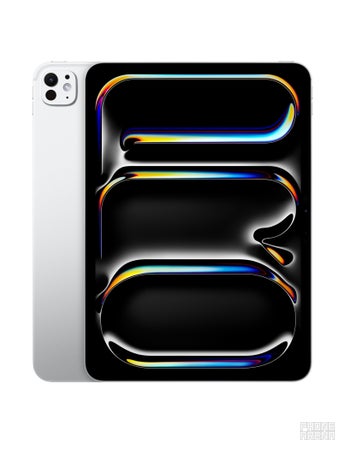
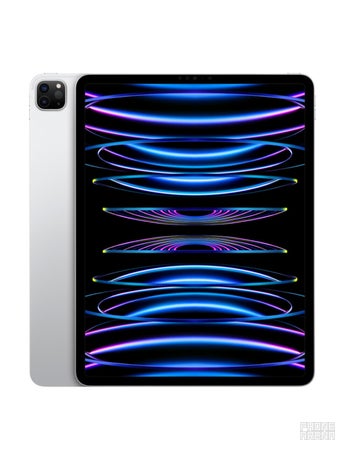
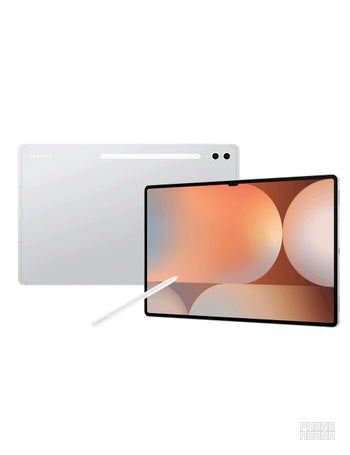
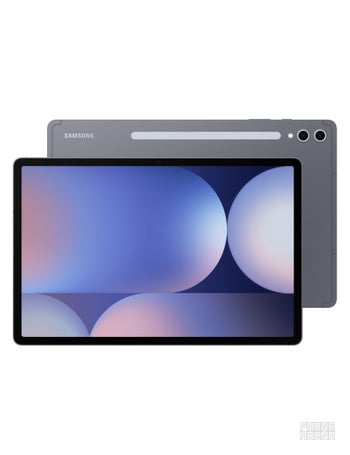
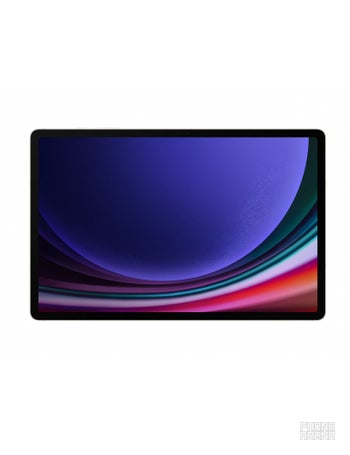
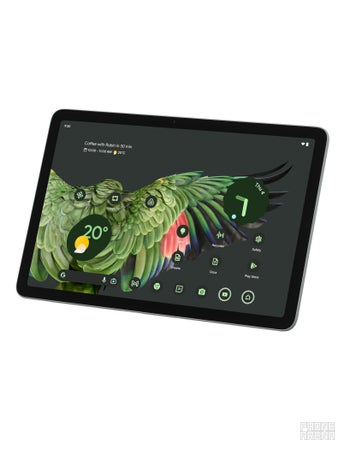
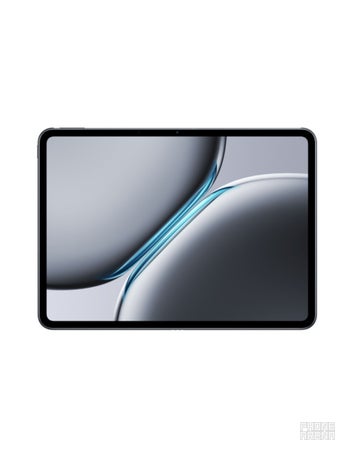
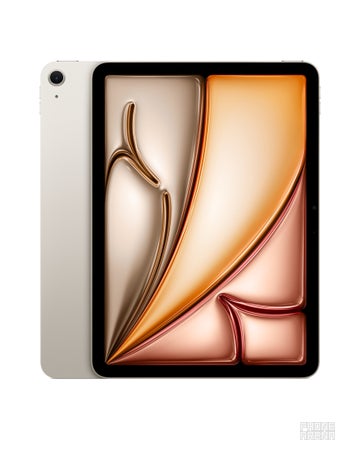
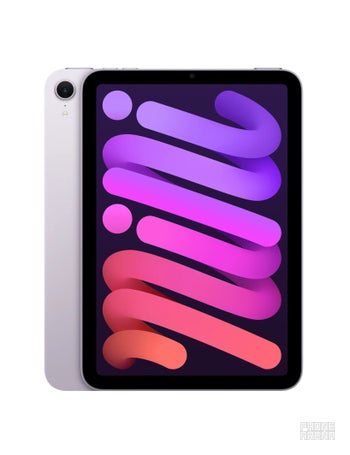
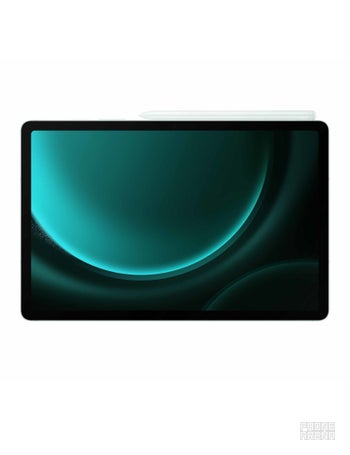

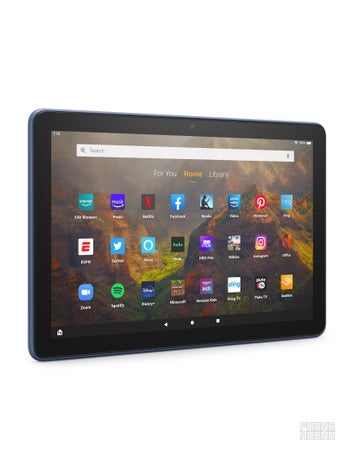

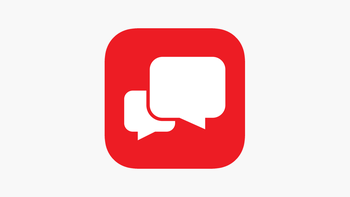

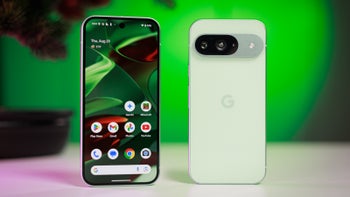
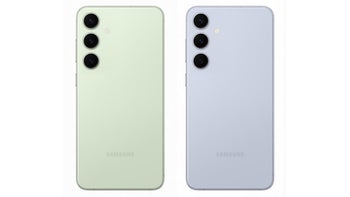
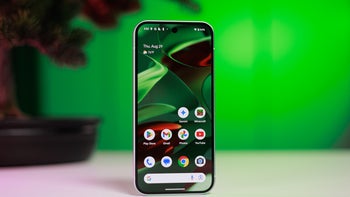

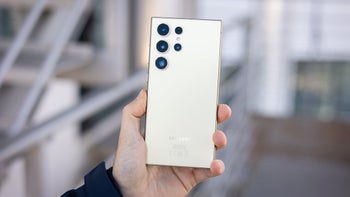
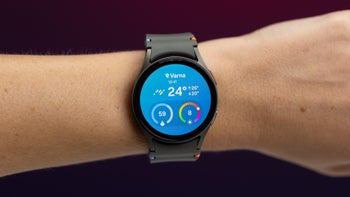
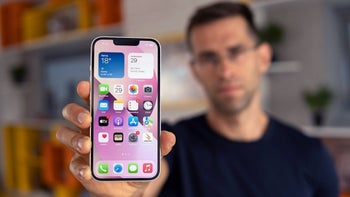
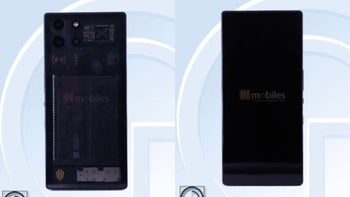
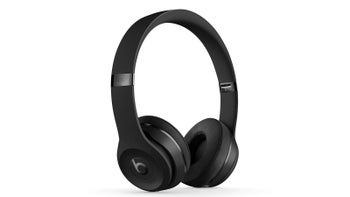
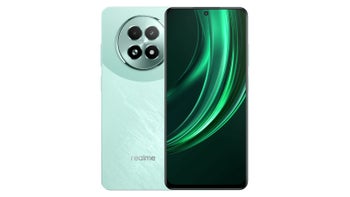
Things that are NOT allowed: